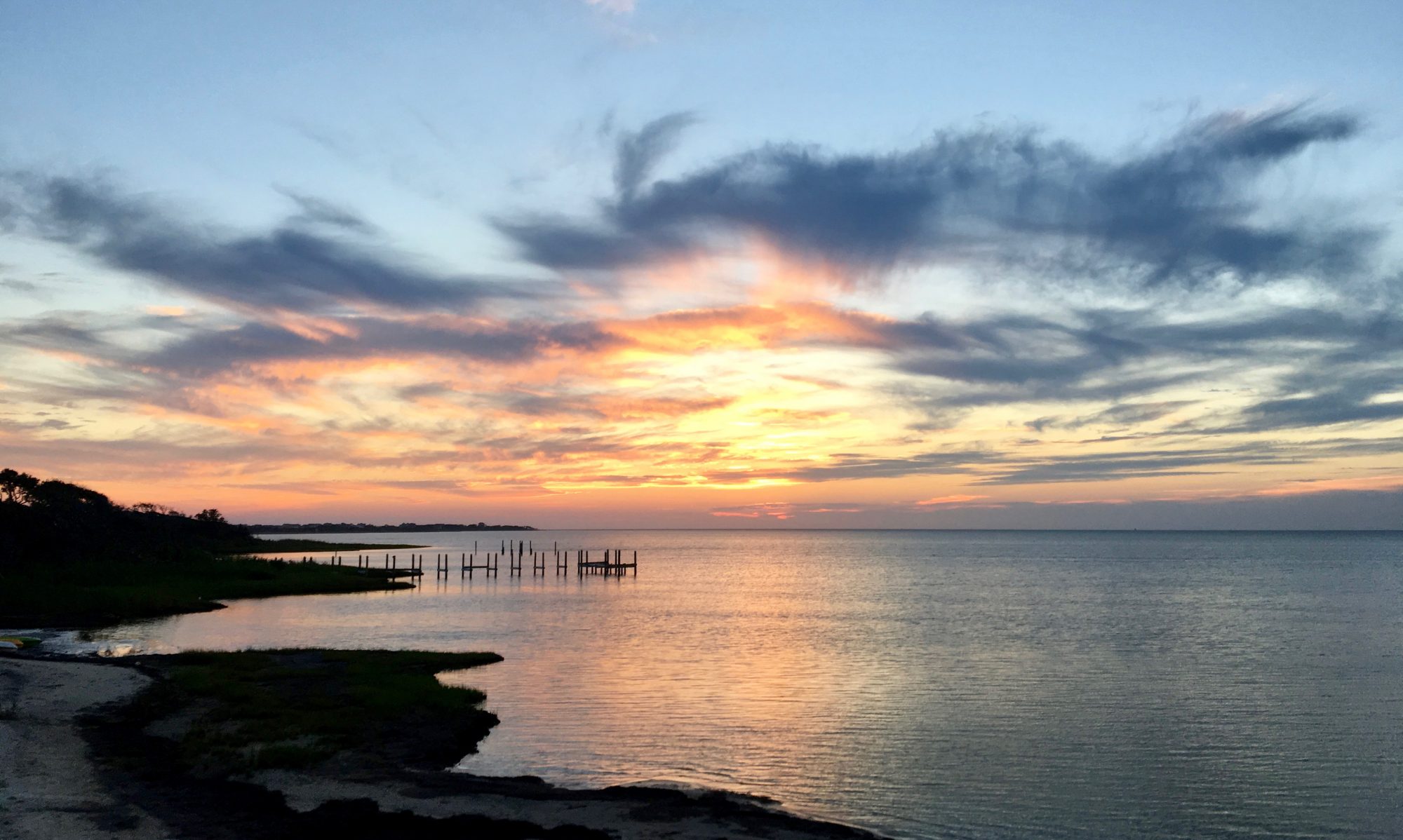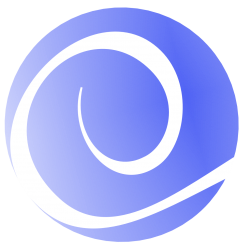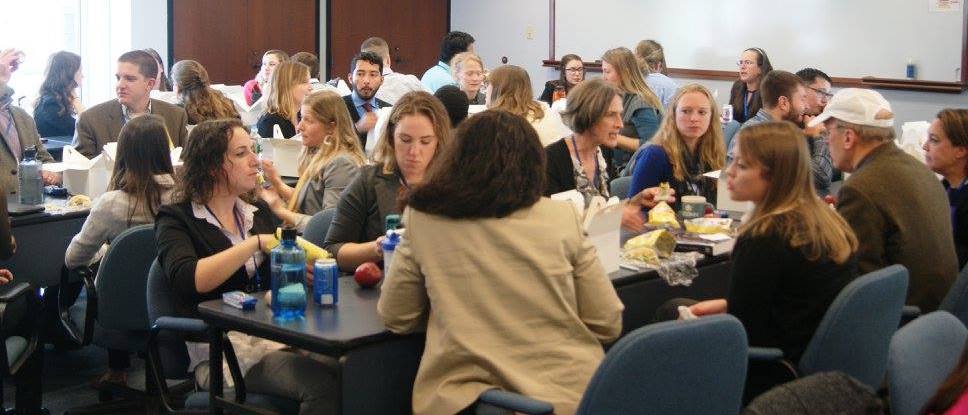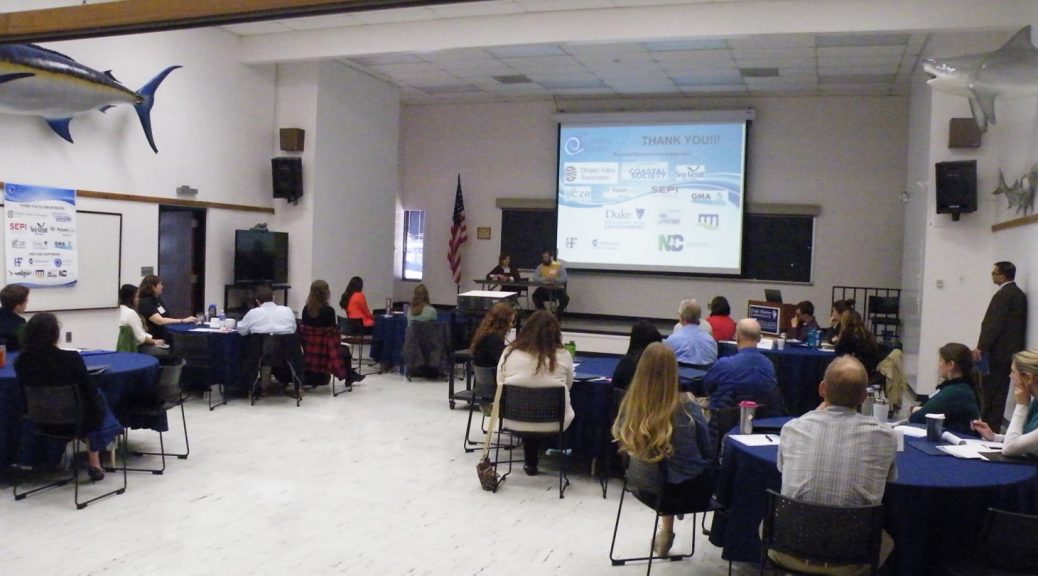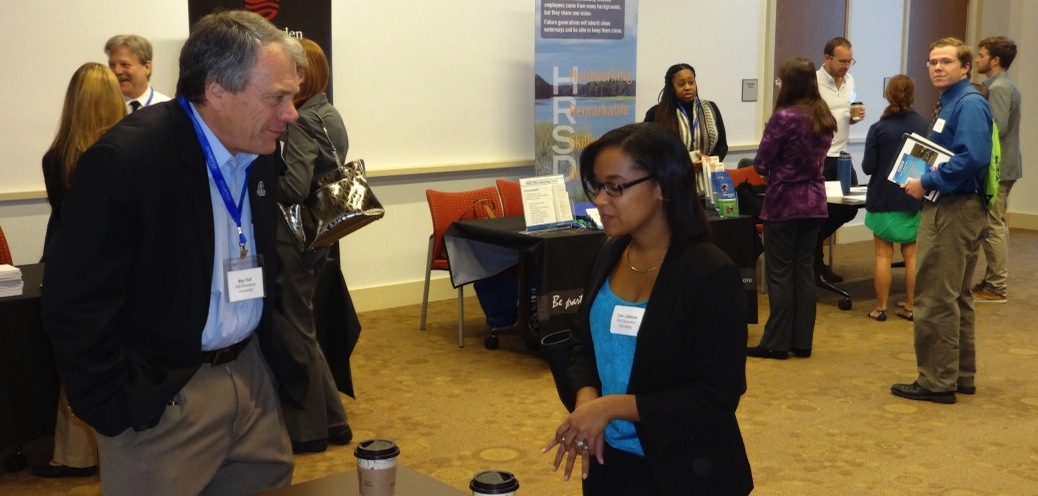Evan Ridley, Marine Affairs M.A. Candidate & URI Chapter Liaison to TCS National Board
While the prospects of employment are a constant focus for recent graduates and young professionals in areas of coastal and marine studies, very few opportunities exist for potential employers to interact with students and individuals entering those fields. To address this, TCS’ University of Rhode Island student chapter held their first-ever Coastal Career Day at the Narragansett Bay Campus. The event provided both employers and hopeful graduates a unique opportunity to build bridges and network together. Employers present for the day’s events found benefit in gaining perspective into the skills and experience presented by students currently graduating from coastal and marine fields at URI and other schools around New England.
After hearing the career development stories of panel speakers, students received personal hands-on advice and reflection through resume building activities and breakout group discussions with field-specific interest. In addition to the opportunities provided by such networking, the insightful philosophy of the event activities allowed for a collective reflection on the state of ‘coastal’ employment moving forward in uncertain times.
The employment landscape is dynamic and ever-evolving in coastal and marine sectors, yet Rhode Island Sea Grant Director Dennis Nixon reflected confidence in the future. “We aren’t going to slide back on (environmental) efforts because we’ve already done too much good.” This sentiment was echoed by many throughout the day, a reminder that room for progress will always remain.
Uncertainty of the economy and political agenda is ever-present, but those in attendance felt reassured by the encouragement of the speakers. “There was almost this collective sigh of relief from listening to the leaders in our fields telling us, basically, ‘it’s going to be ok…and it’s probably going to be great.’” said Sea Grant Knauss Fellow and event organizer Emily Patrolia.
While other TCS coastal career days have been hosted in North Carolina and Virginia, this was the first to be established in the New England region, and the largest of any TCS coastal career day to date. The varied representation of government, private enterprise and advocacy entities not only drew a great number of interested students but also provided a unique and enlightening event. The planning committee took care to organize speaker panels by focus, which included Betsy Nicholson of NOAA’s Office for Coastal Management, Sarah Smith of the Environmental Defense Fund, Stacy Pala of the Battelle Environmental Research, Peter Moore of the Mid-Atlantic Regional Association Coastal Observing System, Jennifer McCann from the URI Coastal Resources Center, and many others.
Even if things like unpaid internships, year-long fellowships and entry-level positions don’t always appeal to the traditional career path narrative, the employers stressed the significance of seizing every available opportunity. “If you have to take a job as an Uber driver to pay the bills, and volunteer within the community to gain experience, that’s ok” said Jon Torgan, Director of Ocean and Coastal Conservation for The Nature Conservancy. It’s estimated that only 10% of jobs in environmental sectors are advertised. Increasing one’s ability to find these opportunities depends on the connections that can be made during the stops along the way. The overarching message of support reminded students to be flexible and prove your capability to adapt to a variety of roles that may be required from you. In short, employers advised students to trust your journey and reach for your goals. Progress may not always appear as the linear or logical steps you imagined. It will remain a product of hard work, regardless of what that work is.
Moving forward, the TCS student chapter at URI hopes to use their event model to help other affiliated student chapters host similar events. “We’ve been able to build on the continual improvement of these events, and hopefully URI will also be able to continue to host our own Coastal Career Days in the years to come.” said URI TCS Career Day Director Sara Benson. “This has been a wonderful success and something that be replicated across The Coastal Society network.”
The URI Coastal Career Day took place on November 18th, 2016 with a total of 58 registered student participants from five colleges and universities across the New England region. Overall, 19 different speakers compromised the five focus panels that spanned topics on advocacy, consulting, NOAA, regional science and state agencies. Approximately 17 speakers and employers participated in the “speed dating” and resume critiquing activities aimed at helping students develop self-promotional capabilities. The true success of the event could not have been achieved without the significant financial support of the following sponsors: Rhode Island Sea Grant, TRC Environmental Engineering, Deepwater Wind, Ocean State Aquatics and VHB Consulting.
Additional thanks are due to the Student Planning Committee, led by project manager Sara Benson, who spent many months preparing and organizing. It is the hope of the committee and all members of the URI TCS chapter to continue the support and development of Coastal Career Days in New England and around the TCS network.
